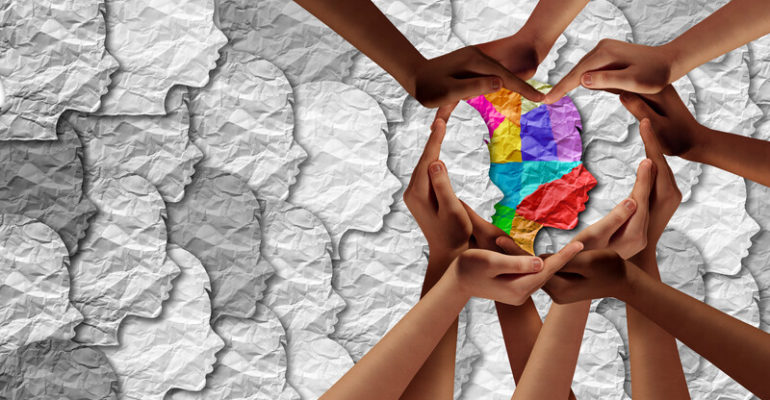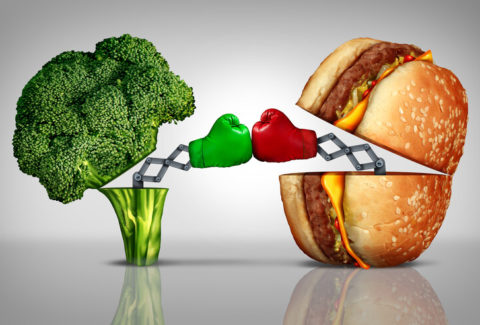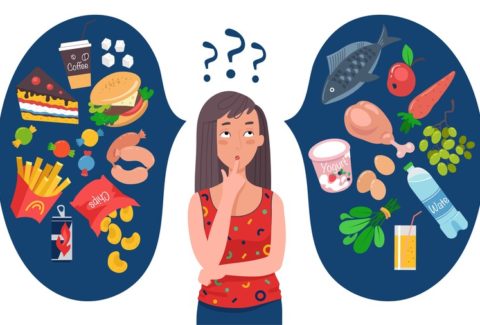Is Mental Health Important? Answers from the SWEET Clinicians
It may sound redundant to say that mental health is incredibly important. It is about our emotional, psychological, spiritual, and social well-being. And optimal mental health is essential for our overall well-being, our effective functioning, and our quality of life.
It may sound redundant to say that mental health affects how we think, feel, and act. It, indeed, influences our ability to cope with stress, manage our relationships, make decisions, and handle our daily life’s challenges. And it is the foundation of who we are. Yet, is it really understood that way? Do individuals truly understand mental health? What does it take for individuals to truly understand it, appreciate it, and give it the attention that it requires?
Further, what have been the barriers for people to understanding mental health? Is there something that we, clinicians, can do? What is the role of the clinician in helping people understand mental health? What is the role of the SWEET clinicians? What is the role of the social worker, as a clinician, in helping others understand mental health? Who else has a role in helping others understand mental health?
We do not seem to be able to appreciate what we do not understand. Therefore, to answer the question of whether mental health is important, it may be helpful to answer the question: Do individuals understand mental health?
Do individuals understand mental health?
The understanding of mental health varies among individuals and across different communities and societies. While there has been progress in raising awareness and reducing the stigma[1] surrounding mental health, there is still a need for further education and understanding.
In recent years, there has been a growing recognition of the importance of mental health and the impact it has on overall well-being[2]. Efforts from mental health advocates, healthcare organizations, and initiatives like World Mental Health Day[3] have helped increase public awareness and promote discussions around mental health.[4]
However, despite these efforts, there are still many misconceptions and gaps in understanding mental health. Stigma and discrimination[5] persist in various forms, which can hinder open discussions and prevent individuals from seeking help. Some people may still hold interfering beliefs or stereotypes about mental health conditions, leading to the marginalization of individuals experiencing mental health challenges.
In this vein, it sounds like an important first step is to help increase the understanding and awareness of mental health. What does it take?
Improving understanding and awareness of mental health requires:
- Ongoing education
- Community engagement
- Destigmatization efforts
- Promoting accurate information about mental health conditions, their prevalence, and available treatments.
- Encouraging empathy, compassion, and support for individuals dealing with mental health challenges
A crucial point related to this is increasing mental health literacy among the general population. This involves providing education about common mental health conditions, signs and symptoms, and strategies for self-care and seeking help. By enhancing understanding and reducing stigma, individuals can better recognize and address mental health concerns, support others, and seek appropriate treatment and support when needed.
It is important to continue efforts to promote mental health literacy[6], raise awareness, and foster a supportive and inclusive environment where mental health is understood, respected, and prioritized alongside physical health.
Now, unto you:
- What do you think it takes for individuals to understand mental health?
- What role do we, clinicians have in helping individuals understand mental health?
- What role can social workers, in particular, play, in helping individuals understand mental health?
We look forward to hearing from you. Meanwhile, feel free to join us at one or more of the following ten series:
- Addiction Mental Health
- Geriatric Mental Health
- Child & Adolescent Mental Health
- Schema Therapy for Clinicians
- Optimal Aging
- Caring for Caregivers
- Neuroanatomy Made Simple
- Psychopharmacology Made Simple
- Medical First Aid for Clinicians
- Basic Neurology for Clinicians
Please also join us for our upcoming CBT Virtual Conference on CBT for Low Self-Esteem, Friday, July 14, 2023
[1] Horsfall, Jan, Michelle Cleary, and Glenn E. Hunt. “Stigma in mental health: Clients and professionals.” Issues in mental health nursing 31.7 (2010): 450-455.
[2] Ruddick, Frederick. “Promoting mental health and wellbeing.” Nursing Standard (through 2013) 27.24 (2013): 35.
[3] “World Mental Health Day.” World Health Organization, www.who.int/campaigns/world-mental-health-day. Accessed 29 June 2023.
[4] Pathare, Soumitra, Rochelle A. Burgess, and Pamela Y. Collins. “World Mental Health Day: prioritise social justice, not only access to care.” The Lancet 398.10314 (2021): 1859-1860.
[5] Vargas, Sylvanna M., Stanley J. Huey Jr, and Jeanne Miranda. “A critical review of current evidence on multiple types of discrimination and mental health.” American Journal of Orthopsychiatry 90.3 (2020): 374.
[6] Jorm, Anthony F. “The concept of mental health literacy.” International Handbook of Health Literacy. Policy Press, 2019. 53-66.









